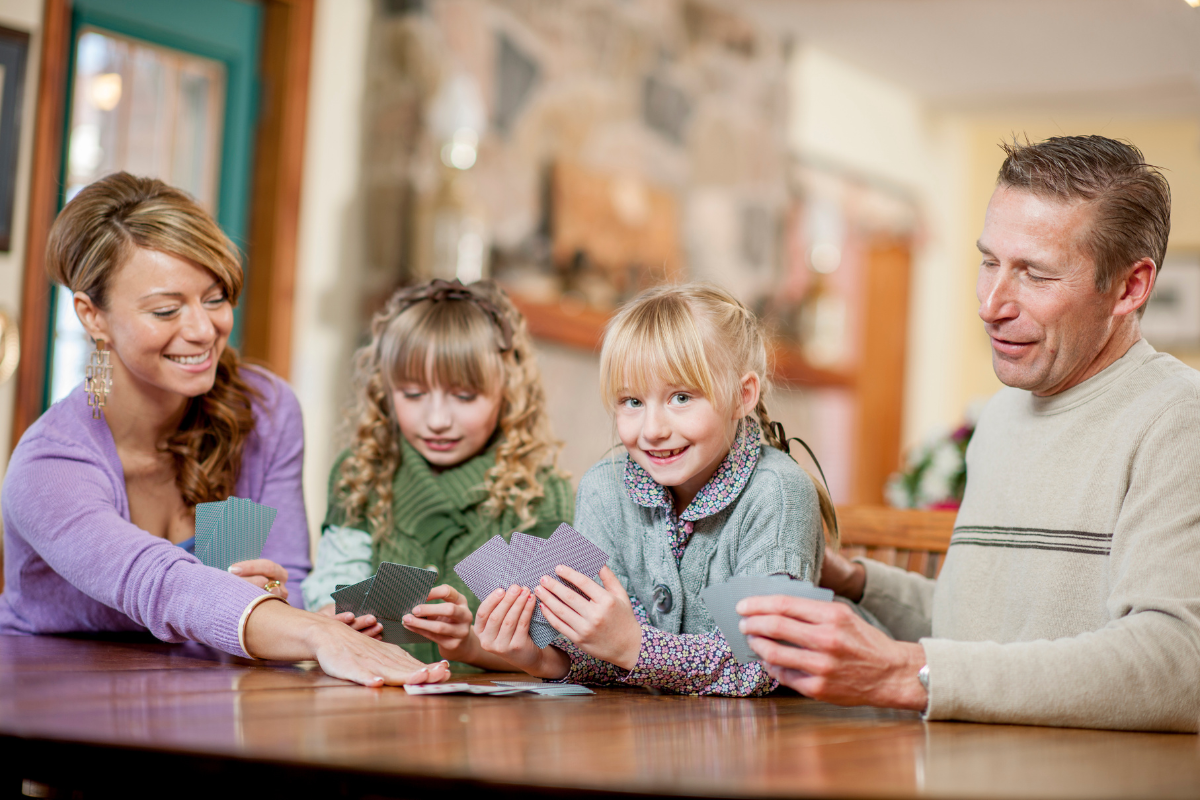Summer is a time for lazy pool days, sports leagues, arts and crafts camps, and vacations. But you know what ELSE kids should be doing over the summer? MATH! Summer is a great time for kids to engage in fun and educational math activities. Yea, I said it. FUN MATH ACTIVITIES! In this blog, I will share a few ideas to help your kids strengthen their math skills while ENJOYING their summer break.
Math Board Games
Family game nights should be a tradition that continues over the summer! Play board games with your kids that incorporate math skills. Classics like Monopoly, Yahtzee, and Settlers of Catan involve counting, strategy, and critical thinking.
Math in the Kitchen
There are plenty of cookouts to attend during the summer. Why not enlist your kids in helping you create a dish to share? Cooking and baking provide numerous opportunities for math exploration. Involve kids in measuring ingredients, doubling or halving recipes, or calculating cooking times.
Math Art Projects:
Your child may not think that they are good at math, but do they like to draw or doodle patterns? Combine math and creativity by engaging in art projects that involve shapes, symmetry, or patterns. Tessellations, origami, or creating fractal art are great options. They will be using math skills without even realizing it!
Online Math Challenges
I know, we are trying to keep our kids off the screens, but with established boundaries and supervision, there are many exceptional math websites that allow kids to challenge themselves and others as well as strengthen their math skills. Websites like Khan Academy, Mathletics, or Math Playground offer engaging math activities and games that keep kids engaged, motivated and LEARNING.
Summer is a time to explore and dive deeper into your hobbies and interests. It’s also a time for learning and practice, but it doesn’t have to be dull and rote. Don’t let the summer go by without showing your kids that math practice can be fun. Adapt the activities to your child’s age and skill level to ensure they remain challenged and motivated. Making math enjoyable and applicable to real-life situations will help children develop a positive attitude toward math.




